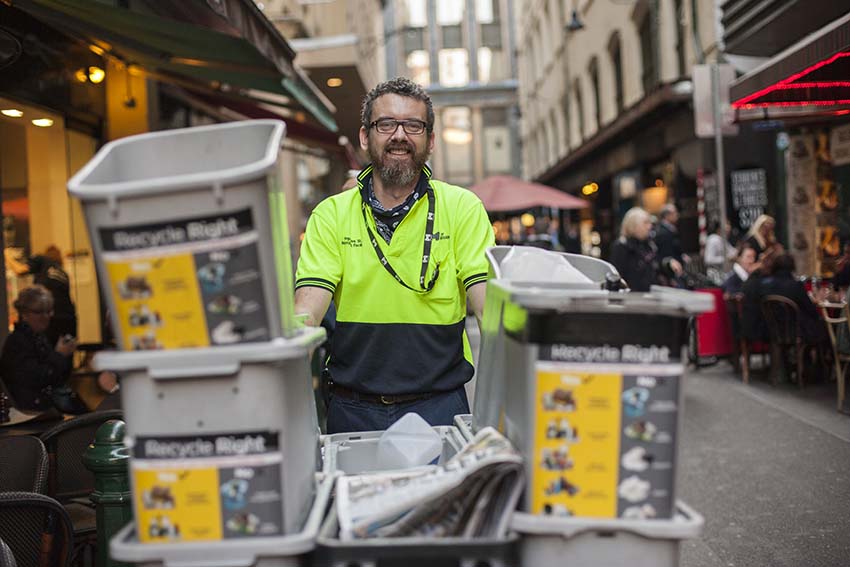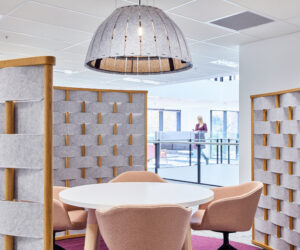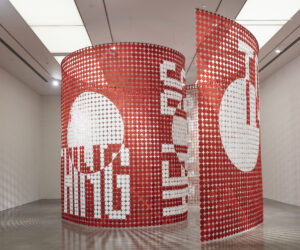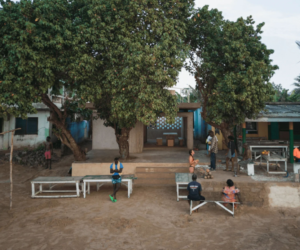Waste not, want not: turning trash into treasure
A program that takes food scraps from Melbourne’s laneways and turns it into compost for our parks and gardens headlines a three-year plan to green the city and divert waste from landfill.
The Degraves Street Recycling Facility, which uses food dehydrator to turn food waste into a compost- like soil conditioner, is one of 10 waste-busting initiatives included in the draft Integrated Waste Management Program 2015-18, endorsed for consultation by Future Melbourne Committee this month.
Cr Arron Wood, Chair of Council’s Environment Portfolio, said the Integrated Waste Management Program 2015-18 built on the success of existing programs while planning ambitious new initiatives to manage waste for a growing city.
“The number of households we collect waste from has grown 33 per cent in the past six years. With more people comes more waste and an opportunity to turn rubbish away from landfill and increase recycling,” Cr Wood said.
The Integrated Waste Management Program 2015-18 will continue five successful initiatives launched under the former plan, including the Degraves Street Recycling Facility, the high-rise recycling project, compactors and recycling hubs in laneways and the Green Money recycling rewards program.
“From a recycling plant below Degraves Street to a frequent-flyer style program that earns residents points for recycling, we’re changing the face of waste disposal in Melbourne,” Cr Wood said.
“The Degraves Street Recycling Facility is a classic case of waste not, want not. We’re taking the unwanted scraps from thousands of meals and coffees and using them as compost for our parks and gardens.
“Our high-rise recycling program has seen 180 tonnes of recycling diverted from landfill from 78 buildings, while 5000 households have signed up to Green Money, a program that allows our residents to earn rewards points for recycling,” Cr Wood said.
The Integrated Waste Management Program 2015-18 identifies opportunities to reduce waste by targeting five key areas: residential and commercial organic waste, e-waste, shared recycling hubs and improved cardboard recycling.
Key waste facts
- The City of Melbourne spends approximately $9.8 million on waste services each year.
- In 2012/13 we collected 27,000 tonnes of household waste and 7000 tonnes of recycling
- In 2009, we collected waste from 39,380 households. Today it’s 52,690, a 33 per cent increase.
- Our high-rise recycling program diverts 180 tonnes from landfill a year, from 76 buildings.
- Our three waste compactors – in Bullens Lane, Kirks Lane and Lacey Place – are used by 340businesses and residents and have allowed for the removal of 260 rubbish bins stored in public spaces.
To have your say on the draft Integrated Waste Management Program 2015-18 visit http://participate.melbourne.vic.gov.au/projects/waste



